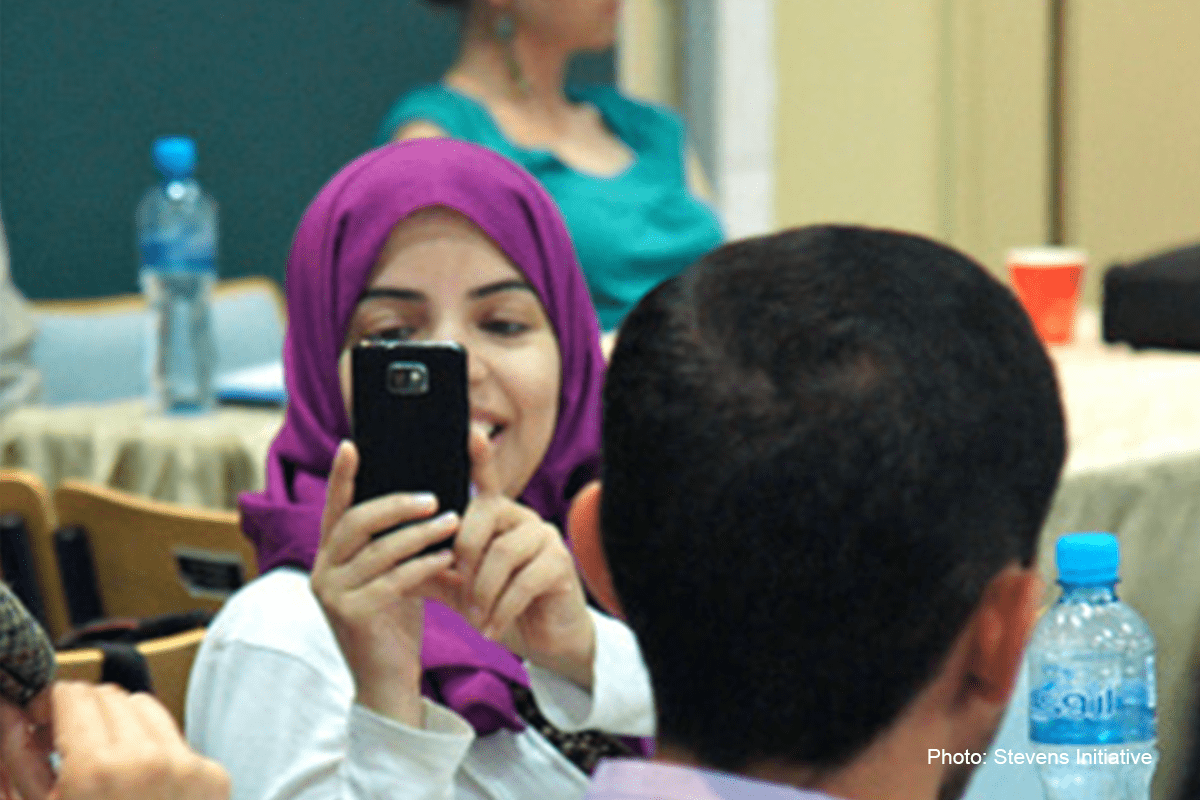Preparing a New Generation of Global Citizens
By Mary Darby, May 4, 2016

Imagine spending time with a Syrian student in a refugee camp in Jordan, learning about the risks she took to flee her home to save her life. Imagine sharing with her your background, your family stories, your hopes and dreams.
Imagine forming not only a friendship with her, but a partnership, working together to produce a video or write a song.
Now imagine doing all this without ever leaving the United States.
This is the kind of experience offered by the Stevens Initiative, an international effort that supports virtual exchange to bring together young people in the United States and the Middle East/North Africa so that they can learn about the world and about each other.
Virtual exchange uses various technologies—including videoconferencing, online forums, and web-based bulletin boards—to create a new kind of learning experience for young people. The Stevens Initiative aims to make virtual exchange part of the norm for a quality education, both in the United States and the Middle East/North Africa.
To many young people, the future looks grim—with little opportunity, growing violence and not enough understanding.
The underlying premise of the Stevens Initiative is that when young people from diverse backgrounds connect in a structured environment, they learn to listen to each other, respect each other, keep their minds open and exchange their views honestly. They also learn how to work together, which is essential in an increasingly interconnected global economy.
The Initiative honors the legacy of U.S. Ambassador Chris Stevens, who dedicated his life to understanding local cultures in the Middle East and North Africa and building understanding between them and the United States.
The Stevens Initiative recently announced its first projects, which will bring together students from 17 countries in the Middle East and North Africa with their peers from 25 American states. Students from California will learn Arabic with students from Morocco, for example, while others will engineer solutions to climate change alongside their peers in the United Arab Emirates.
We’re so excited to follow along as these projects get started and the Initiative works to establish virtual exchange as a field.
With better understanding and greater respect across cultures, we may have a chance at solving some of the world’s most pressing problems.
